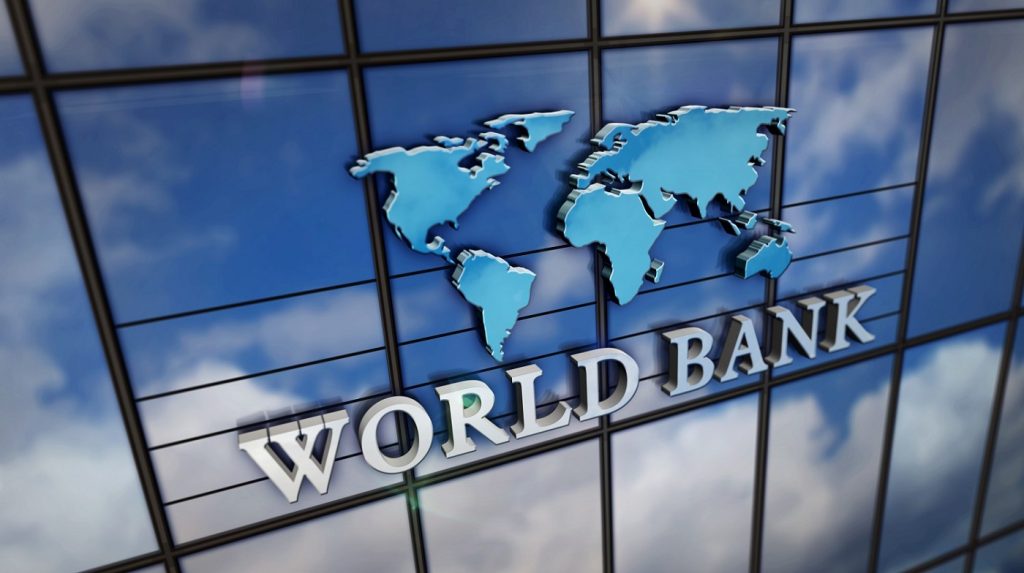The World Bank plans to introduce initiatives aimed at job creation, reducing gender disparities, and ensuring food security during next week’s meeting of global finance ministers and central bankers in Washington, as announced by its president, Ajay Banga.
Sixteen months into his tenure, speaking on his focus on generating jobs as a critical goal for the institution, the former Mastercard CEO said he had made substantial progress in his vision of creating a better bank and a bigger bank.
Banga emphasised the urgency of tackling the employment gap in emerging markets, noting that 1.2 billion young people will reach working age in these regions over the next 12–15 years. “The same countries are currently forecast to generate a little north of 400 million jobs. That’s a big gap,” he said.
He warned that failing to provide these populations with clean air, water, healthcare, education, and jobs could lead to social instability and migration challenges.

The World Bank has formed an advisory council on employment, chaired by Singaporean President Tharman Shanmugaratnam and former Chilean President Michelle Bachelet, with its inaugural meeting scheduled for Wednesday in Washington. Banga expressed hopes for progress on policies that could stimulate job creation in these countries, especially in Africa, where a third of the 1.2 billion young people will reside.
Additionally, the World Bank aims to announce new objectives to tackle global gender inequality and bolster agribusiness to address food insecurity.
Banga’s tenure has also focused on expanding the role of the private sector in global development. He highlighted that developing countries would need approximately $2.4 trillion annually until 2030 to address climate change, conflict, and pandemics—far exceeding the World Bank’s current annual funding.
To bridge this gap, the World Bank launched a private sector investment lab last year, led by CEOs from major companies. The group has proposed strategies like providing regulatory clarity, managing foreign exchange risk, and creating political risk guarantees to attract more investment in developing economies.
One recommendation includes developing a new asset class by packaging loans, which could enable large-scale financing. S&P Global CEO Doug Peterson is leading a working group to develop this concept further. However, Banga cautioned that many of these plans are still in their early stages.
In light of the ongoing conflict in Gaza, Banga revealed that the World Bank board has increased its aid to the Palestinian Authority for Gaza to $300 million, six times the previous year’s amount. He highlighted that the World Bank estimates the reconstruction costs in Gaza at over $14 billion.
The bank has established a group comprising representatives from Palestine, Israel, Jordan, Egypt, the EU, and the US to devise reconstruction strategies post-conflict. Banga noted interest from Middle Eastern countries like Saudi Arabia in contributing to these efforts, stressing that a well-planned reconstruction could lead to long-term economic growth in the region.


